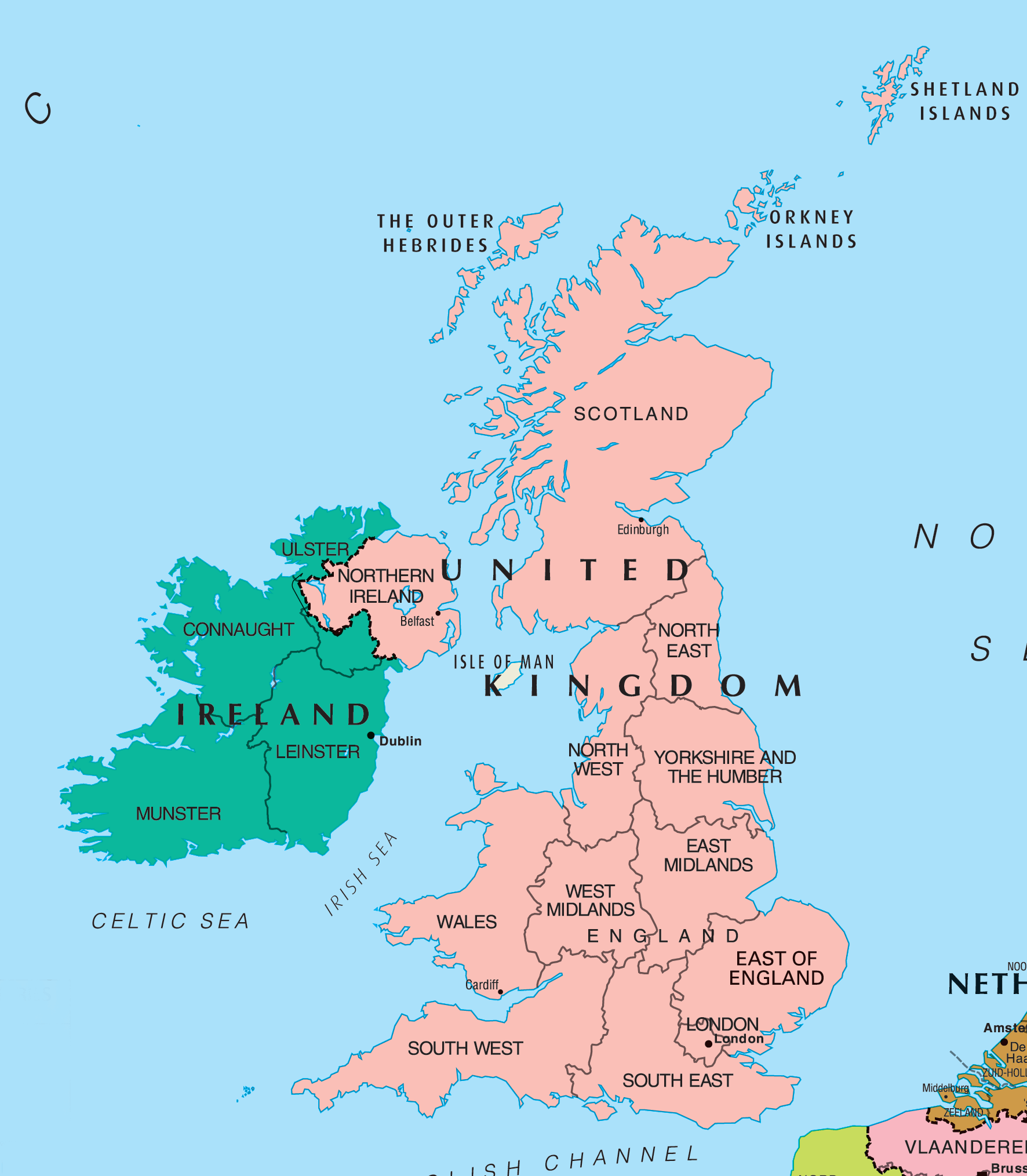7667766266
enquiry@shankarias.in
What is the issue?
What is the history of conflict in Ireland?

How were the tensions resolved?
How does Kashmir’s case read against Northern Ireland’s?
What is the way ahead?
Source: Indian Express